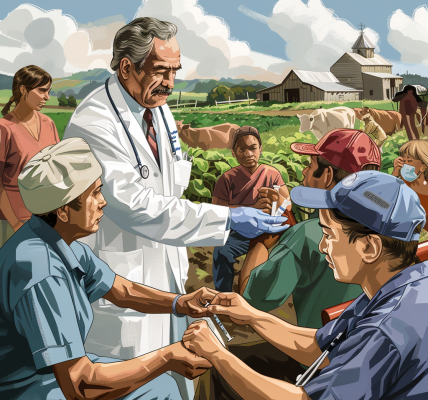A recent study has discovered a potential marker for delayed recovery of concussion in children, offering hope for improved diagnosis and treatment of this common injury. The study, published in the peer-reviewed Journal of Neurotrauma, found that the blood protein alpha-1-antichymotrypsin (alpha-1-ACT) was significantly lower in children with delayed recovery compared to those without delayed recovery.
According to the researchers, approximately 30-50% of the four million children who experience a concussion each year will face delayed recovery, with symptoms persisting for more than two weeks after the injury. The identification of alpha-1-ACT as a differentiating factor between children at risk of delayed recovery and those without delayed recovery is a significant development in the field of pediatric concussion management.
The findings suggest that alpha-1-ACT could contribute to the early identification of delayed recovery risk in children presenting to acute care services within 48 hours of injury. This could enable clinicians to provide personalized patient management in a timely manner, directing resources effectively to support the recovery process.
Dr. Swaney and colleagues’ work has been commended for its importance in addressing the need for better predictive tools for delayed recovery after concussion in children. The study’s publication in the Journal of Neurotrauma, a leading peer-reviewed journal that focuses on traumatic brain and spinal cord injury research, underscores the significance of these findings.
With a focus on the latest advances in the clinical and laboratory investigation of traumatic brain and spinal cord injury, the Journal of Neurotrauma provides a platform for evaluating preclinical and clinical trials aimed at improving the management and long-term care of patients with traumatic brain injury. As the official journal of the National Neurotrauma Society and the International Neurotrauma Society, it plays a crucial role in advancing the understanding and treatment of neurotrauma.





